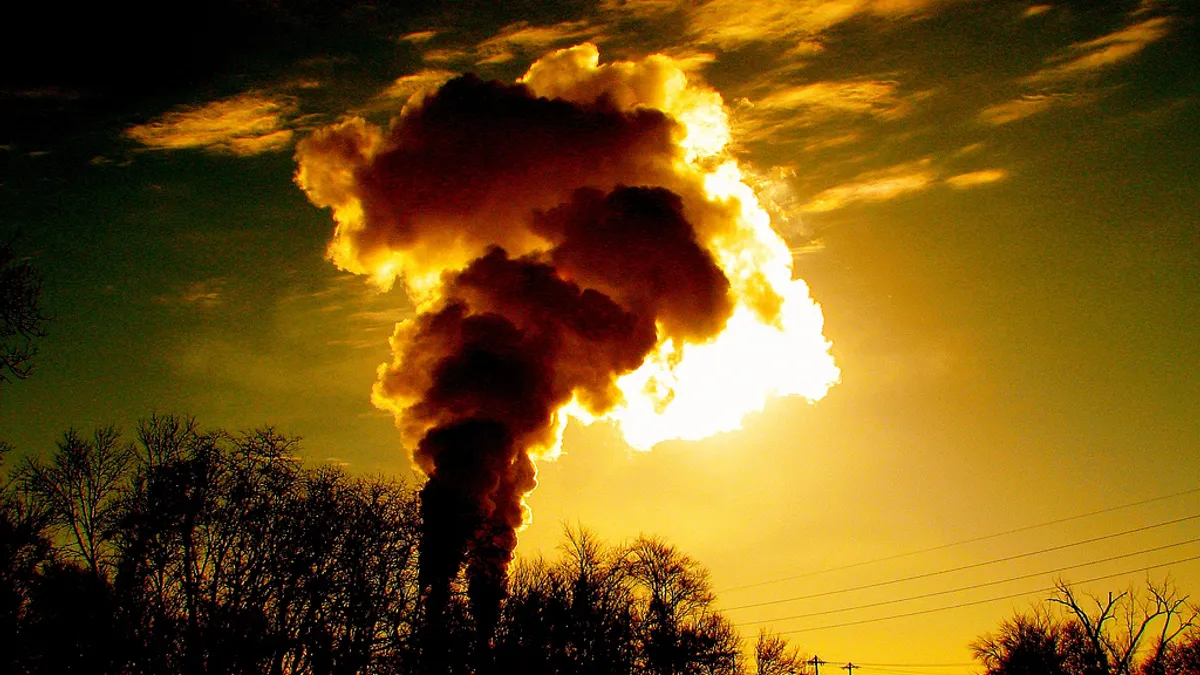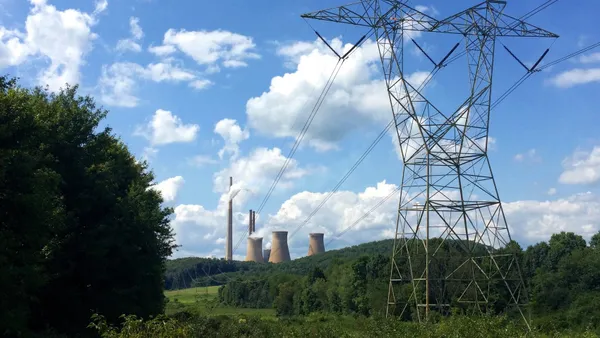Dive Brief:
- A group of Texas community groups led by the Environmental Integrity Project (EIP) have filed a lawsuit alleging state that regulators illegally allowed coal generators to violate federal emissions standards surrounding startup, shutdown and malfunction (SSM) activities.
- Based on emails and documents obtained through public records request, the group says the Texas Commission on Environmental Quality (TCEQ) worked with power companies to authorize up to 30 times more particulate matter per hour from power plants than federal standards allow.
- Coal companies deny the emissions violate the law, and say the SSM events are minor and unavoidable.
Dive Insight:
Environmental groups in Texas are asking the U.S. Environmental Protection Agency (EPA) to reverse state regulators' decision to allow large coal generators to exceed federal particulate limits and other pollutants during startup, shutdown and maintenance. The groups say public records show the Texas Commission on Environmental Quality worked and communicated closely with utilities to allow up to 30 times more particulate matter than EPA standards stipulate, as well as permitting the generators to define SSM events more broadly.
“These exemptions for coal-fired power plants are evidence of the state’s chronic disregard of federal Clean Air Act standards,” Eric Schaeffer, executive director of the Environmental Integrity Project, said in a statement. EIP filed the petition on behalf of a coalition of Texas organizations.
“EPA should now step in and force Texas to tighten up these permits to protect public health," Schaeffer said.
In all, the lawsuit alleges, emission limits were rolled back for 35 generating units at 19 power plants.
According to the groups, representatives from the Association of Electric Companies of Texas (AECT) and utility employees met privately with regulators to discuss revisions to pollution permits, and made the changes without public hearings. The allegations stem from emails recovered through a Public Information Act request that the groups say show that the industry worked closely with regulators between 2011 and 2013.
But Brad Watson, a spokesperson for Texas electric company Luminant, told Republic Report that the group's claims do not hold up under close scrutiny, however.
"These emissions are unavoidable and de minimis emission events," Watson said.
The Obama administration issued new rules just last week aimed at rolling back decades of exemptions given to industrial facilities for pollution emitted outside of normal operations, like SSM.
"Air pollution emitted during these periods may adversely affect the health of people in neighboring and downwind communities," the agency said in a fact sheet released on the new rules.
Texas was among 36 states the EPA directed to submit state implementation plans by November 2016 for the rule.














